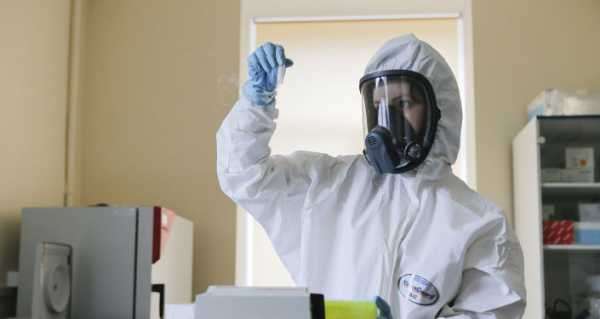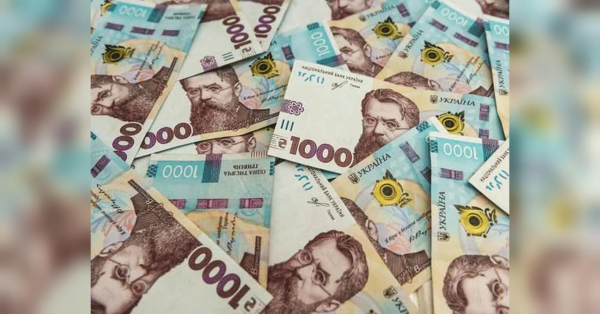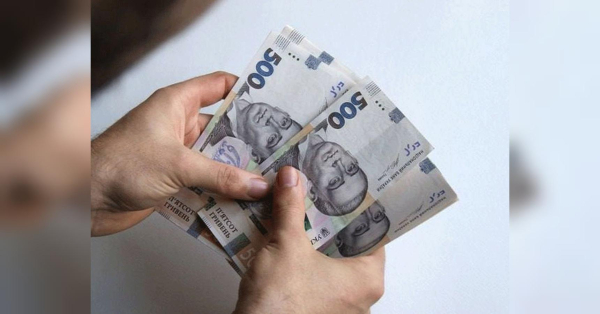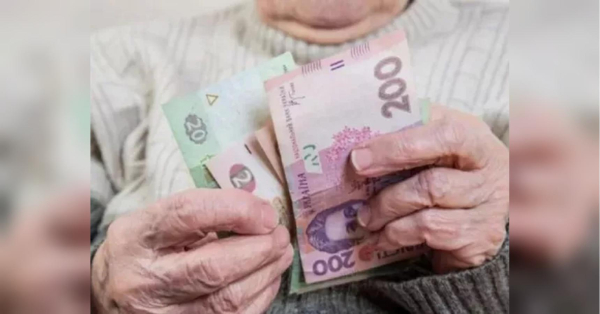
On 11 August, Russia announced the world’s first vaccine for COVID-19, named ‘Sputnik V’, in a bid to curb the pandemic that has currently killed over 737,000 globally. International observers detail why the breakthrough development has been met with either silence or rejection from the Western press.
Developed by the Gamaleya Research Institute of Epidemiology and Microbiology, the Russian anti-coronavirus vaccine has undergone a series of trials launched on 18 June 2020, and has proved to be efficient.
Instead of a sense of relief, the announcement – made by President Vladimir Putin on Tuesday – prompted annoyance and skepticism in the Western mainstream media: “Moscow is cutting corners on testing to score political and propaganda points”, The New York Times claims. The Wall Street Journal expressed concern over the “safety” and “efficacy” of the Russian vaccine, while The Guardian alleged that “Sputnik V’s development has been marked by worrying opacity and ethical issues”.
‘Combination of Envy & Embarrassment’
According to Doctorow, many of the skeptics are more generally Russia-bashers and detractors, as they know little about the country and have no idea about Russia’s scientific community and its achievements over the past decade, precisely in the area of immunology and combating infectious diseases.
Guy Mettan, a Swiss politician and the executive director of the Geneva Press Club, is not confused by the outburst from the Western mainstream press:
Earlier, Russia came on US and European mainstream media radar due to a relatively modest number of COVID-related deaths, despite that a number of countries around the world boasted even lower fatality rates from the coronavirus.
Given the current climate in Western views of Russia, it’s not surprising that the vaccine is immediately rejected before its results are known, admits Joe Lauria, editor-in-chief of Consortiumnews. “It’s a knee-jerk reaction, though there is reason for measured scientific skepticism as vaccines usually take years to develop”, he opines.
‘Skeptics’ Know Little About Russia’s Scientific Achievements
Russian scientists provide a clear explanation for the mind-boggling speed of the new vaccine development: the crux of the matter is that it was made on the base of previous research.
Since the 1980s, the Gamaleya Centre has been developing a technological platform using adenoviruses found in human adenoids and normally transmitting the common cold, as vehicles, or ‘vectors’, which could carry a genetic material from another virus into a cell.
This method was used to create the vaccine against the deadly Ebola virus in 2015. Russian researchers carried out a great deal of study on the selection of required doses as well as on the side effects of the two-vector vaccine. The anti-Ebola preventive has been used on several thousand people over the last few years, creating a proven platform that was instrumentalised for the development of the COVID-19 vaccine.

A scientist prepares samples during the research and development of a vaccine against the coronavirus disease (COVID-19) at a laboratory of BIOCAD biotechnology company in Saint Petersburg, Russia June 11, 2020
Huge Competition Between Firms & Countries to Propose COVID Vaccine
Another factor is the huge competition between firms and countries to be the first to propose an efficient vaccine, Mettan points out: “As many Western countries, including the US, have very badly managed the COVID-19 pandemic, it will be hard for them to admit that they have also failed to produce an appropriate vaccine!”
Ignoring Russia’s registration of the world’s first anti-coronavirus vaccine and focusing the attention of the public only on the eventual advances of the vaccines promoted by Western companies is also a usual bias used by Western media in the coverage of events concerning Russia, according to Mettan.
Touching upon the unfolding competition, Doctorow wondered whether it matters more in the eyes of Western policymakers and media pundits than human health and well-being amid the deadly pandemic.
The Russian decision to roll out the much-anticipated vaccine deserves applause rather than jeers in the Western press today, highlights Doctorow, who bemoans the fact that, much in the same vein, “no EU member state country has sought to procure quantities of the proven Russian medicines for treating early COVID-19 infections Avifavir or the drug they have brought to market for late stages of the disease which are life threatening”.
The views and opinions expressed in the article do not necessarily reflect those of Sputnik.
Sourse: sputniknews.com






